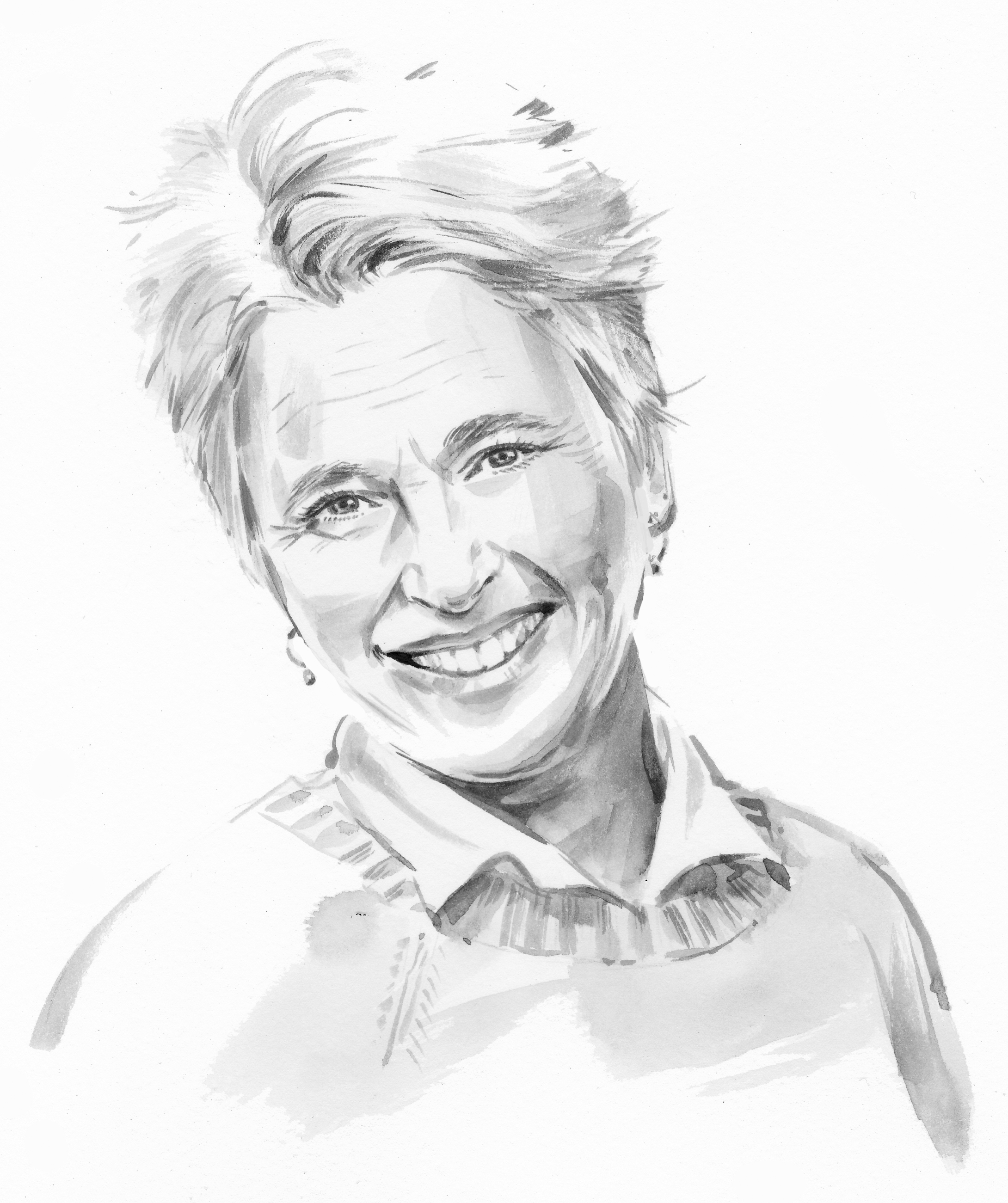Sometimes our biases and assumptions are so well hidden that it is impossible for us to see them. A new experience, an unforeseen event or even a blunt conversation with a colleague is needed to enable a new perspective.
For the past three months, I have had the privilege of working with the Warrington Virtual School team (which promotes and supports the education of children in care), exploring the challenges children can face learning to read and identifying the crunch points where reading acquisition can be derailed.
We have looked at how the national curriculum, accountability structures and prescribed pedagogies track across a child’s education from early years to key stage 4 and where shifts in practice and expectations can create difficulties.
More from Megan Dixon:
As we talked through the reading acquisition journey, the sensitive, careful questions from the team led me to a moment of clarity: I realised how deeply the assumption that parents will be partners is embedded within education.
Of course, having parents that are interested and supportive of school is incredibly valuable. But every teacher and headteacher knows that it is not always possible for parents to be active partners in the learning process, for a multitude of reasons.
If we look at the first version of the Reading Framework, the parents as partners assumption was evident. It states that schools should send home only phonetically decodable texts for children that align with their level on the phonics programme.
Financial capacity
Yet there is a wealth of research that highlights the importance of reading for enjoyment and experiencing a wide range of texts from an early age. The assumption was that parents (or carers) would be providing rich opportunities for children to engage with other forms of literature and would have the financial capacity to be able to do this.
However, books are expensive, libraries are closing down and in 2023 the National Literacy Trust reported that one in eight young people aged 8-18 who received free school meals did not have a book of their own. It is hard to practise reading if you don’t have anything to read.
Happily, the second version of the Reading Framework has updated this view and now schools are encouraged to send home a phonetically decodable book and another text chosen by the child to be enjoyed.
But how many other examples of the “parents as partners” assumption are there in policy and practice, unwittingly affecting the ability of children to learn successfully?
As the disadvantage gap continues to expand, perhaps there are more than we think.
Megan Dixon is an associate lecturer at Sheffield Hallam University






